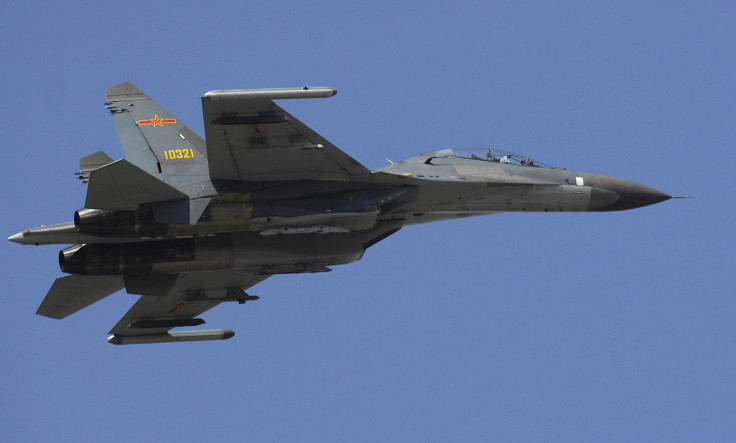USA complains after Russian jet barrel rolls just metres from reconnaissance plane

Russia has denied that one of its jet fighter pilots acted in an "unsafe and unprofessional manner" when it flew within 7.6m of an American reconnaissance plane above the Baltic Sea on Friday 29 April. The Pentagon has accused the pilot of the Russian Su-27 "Flanker" of approaching too closely and performing a risky barrel roll manoeuvre at high speed, endangering both crews. For its part, Russia claims that the US Air Force RC-135 had turned off its transponder signal, preventing it from being identified.
American authorities claimed their plane was flying a routine patrol through international airspace when it was intercepted. A spokesman insisted that the barrel roll had "the potential to cause serious harm and injury to all aircrews involved".
"More importantly, the unsafe and unprofessional actions of a single pilot have the potential to unnecessarily escalate tensions between countries," he added.
In an angry response, the Russian defence ministry accused the Americans of flying too close to its waters. It said: "All flights of Russian planes are conducted in accordance with international regulations on the use of airspace. The US Air Force has two solutions: either not to fly near our borders or to turn the transponder on for identification."
It is unclear at present how close to Russian territory that the incident happened. This is the second such interception in the Baltic area this month, and the second time the US has accused Russian aircrews of reckless flying. In the earlier incident, two Russian Su-24 "Fencer" jets repeatedly flew simulated attack approaches near the USS Donald Cook, a guided missile destroyer, on 13 April.
"There have been repeated incidents over the last year where Russian military aircraft have come close enough to other air and sea traffic to raise serious safety concerns, and we are very concerned with any such behaviour," said the Pentagon spokesman.
© Copyright IBTimes 2024. All rights reserved.






